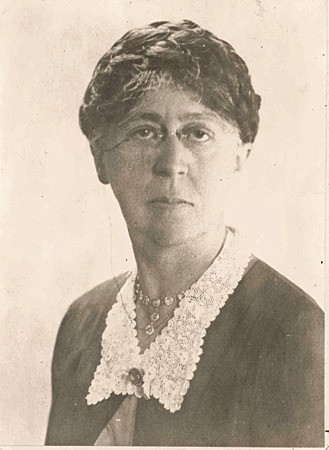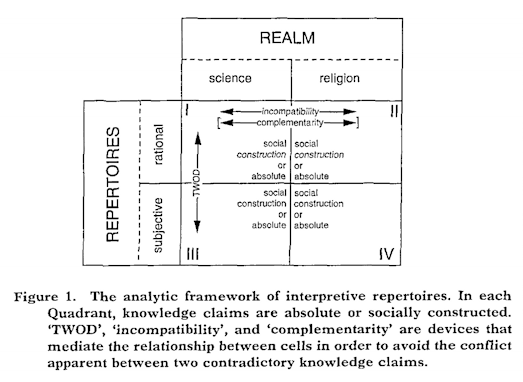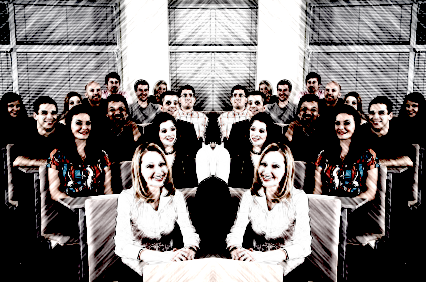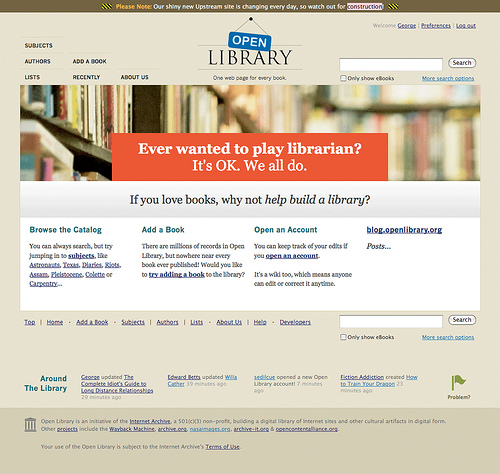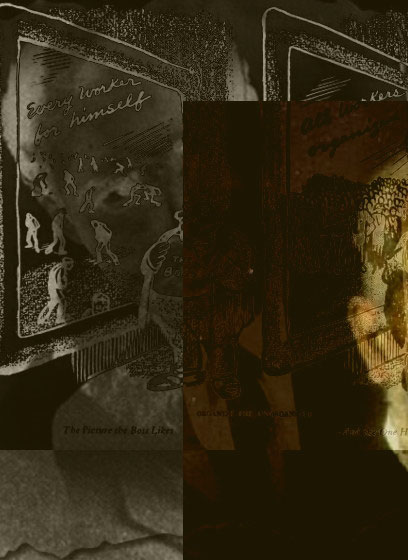
[excerpt] she won’t know if the school prepares kids for real-world success until the first class graduates. But Quest has already proved itself in one area: The kids love it. “It’s fun,” says student Nadine Clements. Her least favorite part of school? “Dismissal.”
A New School Teaches Students Through Videogames. A school uses videogame-based lessons to teach a new generation of kids
By Susannah F. Locke; Popsci January 7, 2009
more:
The Quest to Learn school opened last September in Manhattan, welcoming the first class of sixth-graders who will learn almost entirely through videogame-inspired activities, an educational strategy geared to keep kids engaged and prepare them for high-tech careers.
This year’s 72-student class is split into four groups that rotate through five courses during the day: Codeworlds (math/English), Being, Space and Place (social studies/English), The Way Things Work (math/science), Sports for the Mind (game design), and Wellness (health/PE). Instead of slogging through problem sets, students learn collaboratively in group projects that require an understanding of subjects in the New York State curriculum. The school’s model draws on 30 years of research showing that people learn best when they’re in a social context that puts new knowledge to use.
The Quest To Learn School: “Quest to Learn is a school for digital kids. It is a community where students learn to see the world as composed of many different kinds of systems. It is a place to play, invent, grow, and explore.”
I’m going to bet, and do so with confidence, that the uncited research folds in the following, “People learn best when the learning is shaped to be, for the learner, intrinsically rewarding.
For adults, I would put it this way:
adults learn when they’re able to test their experiential knowledge and then to use it
Implicit in this formulation–and perhaps applicable to young learners–is the intrinsic benefit provided by active learning, via which a learner is supported in their putting their own discoveries to concrete tests. This intrinsic benefit is named: fun. The added benefit is that accountability itself becomes an easeful aspect of the ecology of learning. Against which the grim banking theory of education is likely to, at the end of the school day, have students praying for the bell, and, dismissal.
In her book, Magic Trees of the Mind, Dr. Marian Diamond, neuroscientist at the University of California/Berkeley, describes the characteristics of an enriched environment that:
Includes a steady source of positive emotional support
Provides a nutritious diet with enough protein, vitamins, minerals, and calories
Stimulates all the senses (but not necessarily all at once!)
Has an atmosphere free of undue pressure and stress but suffused with a degree of pleasurable intensity
Presents a series of novel challenges that are neither too easy nor too difficult for the child at his or her stage of development
Allows for social interaction for a significant percentage of activities
Promotes the development of a broad range of skills and interests that are mental, physical, aesthetic, social, and emotional
Gives the child an opportunity to choose many of his or her own activities
Gives the child a chance to assess the results of his or her efforts and to modify them
Offers an enjoyable atmosphere that promotes exploration and the fun of learning
Above all, allows the child to be an active participant rather than a passive observer.
A daring hypothesis holds that younger learners are not dramatically constituted to be different than the adult learners each will grow to be. I’m reminded of Malcolm Knowles.
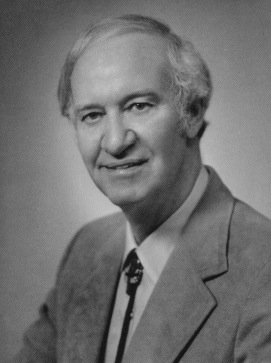
Knowles (1980) came from a humanistic orientation and believed that self-actualization was the prime objective of adult learning, and the mission of educators was to assist adult learners to develop and achieve their full potential as emotional, psychological, and intellectual beings. Knowles made four assumptions about adults as learners: (1) Adults tend to be more self-directed as a result of their maturity, (2) Adults possess personal histories which defines their identities and serve as a resource of experiential learning upon which new learnings can be applied, (3) Motivation in adults is directed to more socially relevant learning, and (4) Adult learners have interest in immediate application for problem-solving. (src)
x

